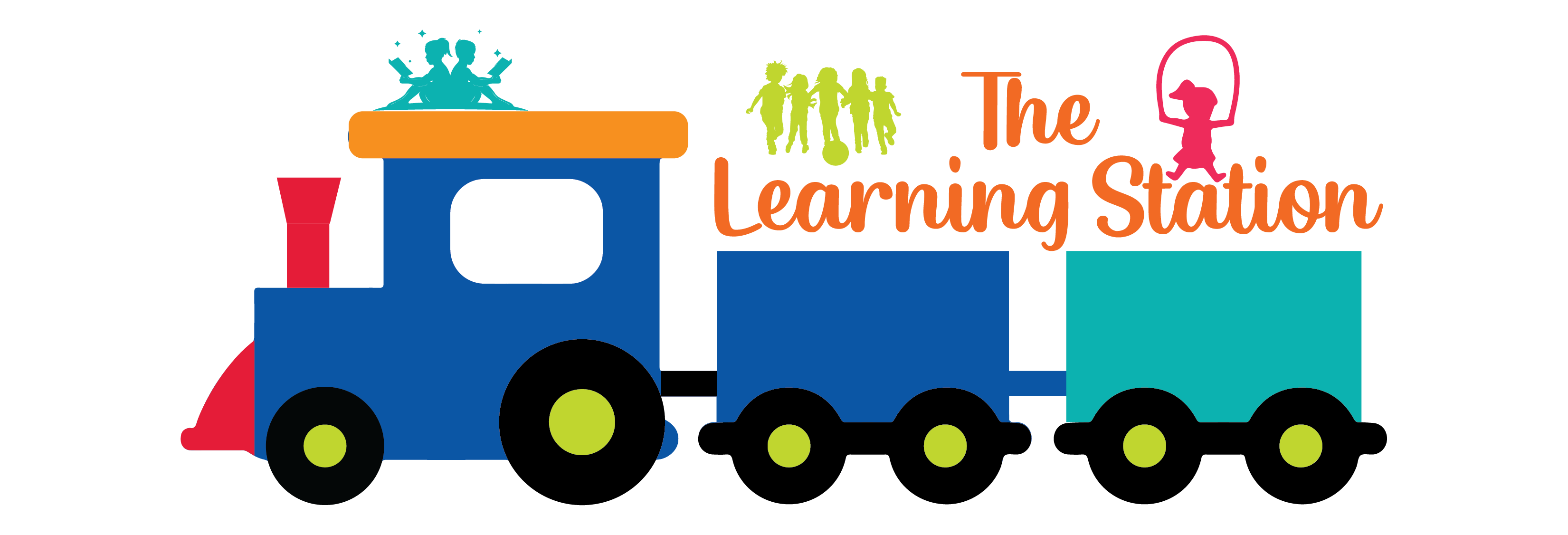Outdoor play provides children with a wealth of advantages, including:
- Physical Fitness: Running, jumping, and playing outdoors promote physical health, strength, and agility. This is more important than ever, with American children suffering from high obesity rates.
- Vitamin D Absorption: Sunlight exposure helps the body produce vitamin D, essential for bone health.
- Social Interaction: Playing outdoors with peers encourages communication, cooperation, and the development of social skills.
- Creativity and Imagination: Natural settings stimulate creativity and imaginative play.
- Problem-Solving: Outdoor play offers opportunities for children to solve real-world challenges.
- Stress Reduction: Exposure to green spaces can reduce stress and improve mental well-being.
Why Organize Games for Kids to Play Outdoors?
Some parents might ask: “Why can’t we just send the kids outside on their own and let them play independently?”
Why independent play has its time and place in children’s development, organized outdoor games offer unique benefits such as:
- Structured Learning: Organized games teach children valuable lessons like teamwork, leadership, and sportsmanship.
- Socialization: Organized games provide children with opportunities to interact with other children from different backgrounds and learn social skills.
- Inclusive Play: Group games encourage children of various ages, abilities, and backgrounds to play together.
- Enhanced Engagement: Organized activities are often more engaging and challenging, promoting skill development.
- Problem Solving: Organized games often require children to solve problems to succeed. This can help them to develop their problem-solving skills.
- Safety: Supervised group play ensures safety and provides guidance to minimize risks.
- Fitness: Organized games can help children to improve their fitness level by getting them moving and active.
Factors to Consider When Organizing Outdoor Games for Kids
Before you hear the first kid say “I’m bored! There’s nothing to do!” … Parents and caregivers need to be ready to organize some outdoor games to keep the troops entertained.
When planning outdoor games, consider various factors, including:
- Play Area: The size and terrain of the play area, whether it’s a community playground, schoolyard, or a natural environment like a park or forest.
- Weather Conditions: Be mindful of weather conditions, ensuring the game is safe and enjoyable.
- Age of Kids: Adapt games to the age and developmental stage of the children.
- Fitness Levels and Abilities: Make sure the games are suitable for the participant’s physical abilities and fitness levels.
- Safety Factors: Ensure the game’s safety, including proper equipment and supervision.
- Supervision Required: Determine the level of supervision and adult involvement necessary for each game.
- Equipment Needed: Prepare all required equipment, such as balls, cones, or ropes.
- Rules and Instructions: Clearly communicate the rules and objectives of the game.
It can help to have some games ready to go in the notes section of your smartphone or for those going “old school” to have some index cards handy with games to play.
10 Fun Games to Organize Outdoors
While there are hundreds of popular games kids like to play outdoors – and thousands of variations! – here are 10 tried and true games to organize outdoors for kids:
1. Tag: You’re it! Tag is probably one of the first games we all played as kids!
- Benefits: Enhances agility, promotes cardiovascular fitness, and encourages strategic thinking.
- How to Play: Choose one child as the “tagger” who must chase and tag others. The last person tagged becomes the new tagger.
- Requirements: Open space.
2. Sack Race: Here is a game that is fun to play and just as fun for others to watch.
- Benefits: Improves coordination, balance, and gross motor skills.
- How to Play: Kids hop inside a sack and race to a designated point.
- Requirements: Sacks or pillowcases.
3. Obstacle Course: Kids love that they can compete against the clock and not against each other – each rooting for the other to set their personal best times. These courses can also be set up differently each time to keep kids interested.
- Benefits: Boosts problem-solving skills, coordination, and physical fitness.
- How to Play: Create a course with hurdles, cones, tunnels, and challenges. Kids navigate it as quickly as possible.
- Requirements: Various obstacles and markers.
4. Duck, Duck, Goose: Often played indoors in preschool or kindergarten, this great kids’ game can also be enjoyed in wide open spaces.
- Benefits: Promotes concentration, anticipation, and social interaction.
- How to Play: Children sit in a circle; one child walks around, tapping others on the head, saying “duck” until they say “goose” and chase the tapper around the circle.
- Requirements: Open space.
5. Capture the Flag: A great game of teamwork and strategy that can be played in almost any environment.
- Benefits: Encourages teamwork, strategy, and physical activity.
- How to Play: Divide kids into two teams, each guarding their flag. The objective is to capture the opponent’s flag without being tagged.
- Requirements: Flags (or suitable markers).
6. Simon Says: “Touch your head!” … wait, did Simon say that … or are you out of the game?
- Benefits: Develops listening skills, memory, and concentration.
- How to Play: One child (Simon) gives commands, starting with “Simon says.” Children must follow commands only when “Simon says” is used.
- Requirements: Open space.
7. Nature Scavenger Hunt: This game can be tailored to the natural elements found at your local playground.
- Benefits: Fosters curiosity, observation skills, and an appreciation for the environment.
- How to Play: Create a list of natural items for kids to find, like leaves, rocks, or pinecones.
- Requirements: Scavenger hunt list.
8. Freeze Dance: Not every outdoor game must have a winner and a loser … Some, like this game, can simply be about having fun.
- Benefits: Encourages creativity, self-expression, and cardiovascular fitness.
- How to Play: Play music and have kids dance. When the music stops, they must freeze in their current pose.
- Requirements: Music player and open space.
9. Hide-and-Seek: This classic game is easy to play and can be enjoyed by children of all ages.
- Benefits: Helps children to develop their problem-solving skills, creativity, and imagination.
- How to Play: One child is designated as “it” and the other children hide. When “it” is ready, they start looking for the other children. If “it” finds a child, they call out the child’s name and the child is out. The first child to be found is the next “it.”
- Requirements: Elements that children can hide behind such as trees, benches, playground equipment, etc.
10. Water Balloon Toss: Perfect game to cool off, especially on a hot summer day.
- Benefits: Helps children to develop their hand-eye coordination, teamwork skills, and social skills.
- How to Play: Divide the children into teams of two. Have the children stand opposite their teammates, facing each other. Give each child on one side a water balloon. The children toss the water balloons back and forth. Teams that have their water balloon break are eliminated. After each round, teams take a step back to increase the tossing distance.
- Requirements: Water balloons and means to fill them with water.






Comments are closed